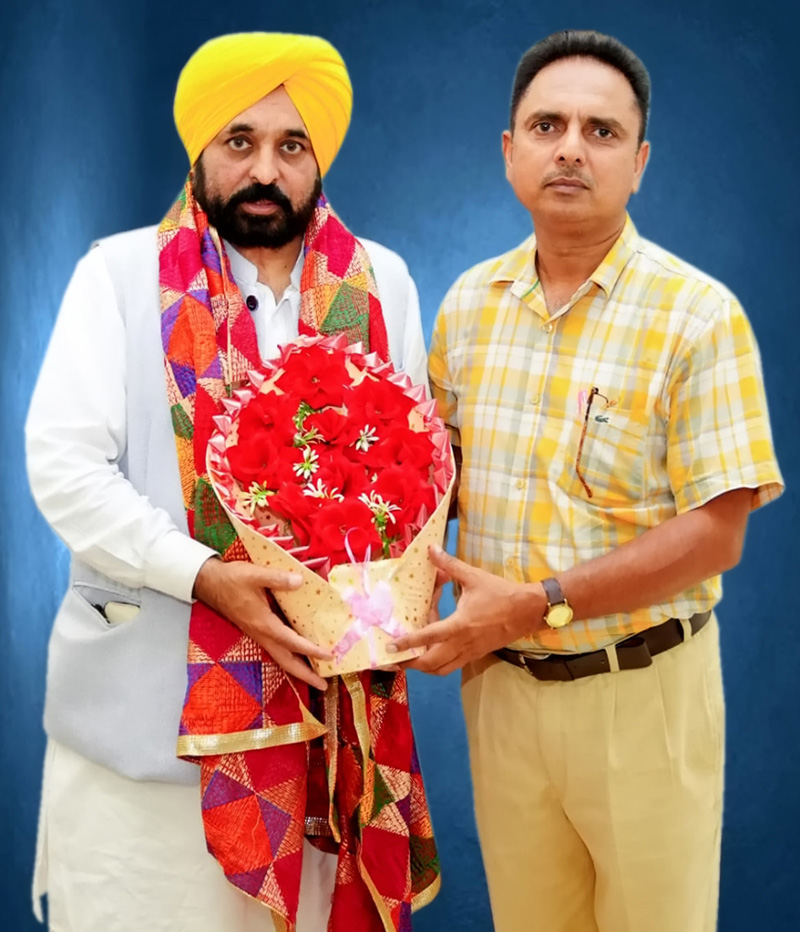
Welcome to the World Punjabi Centre. I started working its director a few months back. Its aim was rather noble and on the face of it quite simple and straight forward: to foster goodwill among Punjabi speakers around the globe. Since most of the Punjabi speakers weresplit into two provinces of India and Pakistan, its remit is to bring them together. But the reality is rather complicated. As we know the two states of India and Pakistan have never been as friendly –the crucial question is how to devise various means and schemes to implement the ideal of the World Punjabi Centre.
So, I checked through previous directors’ thoughts and work plans since 2004 when Professor J S Grewal –an eminent historian of Punjab took over as its first Director. During his tenure, he organised a major international conference of experts to gauge their opinion on how to achieve the objectives of the Centre –it was at that stage a newly launched venture. Since then,we had more directors, Dr Deepak Manmohan Singh from 2008 till 2015, then Dr Dalbir Singh Dhillon from 2016 - 2018, then Prof. Balkar Singh from 2018 - 2023 who have in various ways worked through the objectives of the Centre.

The modus operandi of their work has been to invite speakers who have something to say on the common issues of Punjabi speakers, be it Punjabi language, literature, culture, or the shared religious tradition. Consulting Professor Grewal’s edited ‘Exploring Possibilities of Cooperation among Punjabis in the Global Context and also taking into account other two directors’ activities, I am trying to combine two strategies. One is to invite lecturers, creative writers and experts who could talk about means and methods of cooperation among Punjabis across the border as well around the globe. The other is to travel around Punjab, giving lecturers on such themes as to further the interests of World Punjabi Centre. The WPC has seen some lecturers and visitors from abroad who are asked to elaborate common issues of the Punjabi diaspora across the globe.
I am sure this is not enough given the ambitious scope of the Centre stated in its charter. But working with two limitations, first is politicalover which this Centre has no control. This necessarily binds any effort to initiate contacts and cooperation across the border. During the last decade there has been little relaxation in the exchange of visitors from Western Punjab. Indeedsymbolically Wagah is now even more tightly controlled than ever before.Still, I look forward to any possibility of visiting an institution or organisation in West Punjab at some stage to exchange views and concerns The second issue is of finance available, it operates upon a small budget that means the director is effectively the only person thinking and implementing whatever strategy he adopts..
Dr. Bhim Inder Singh, Director, World Punjabi Centre